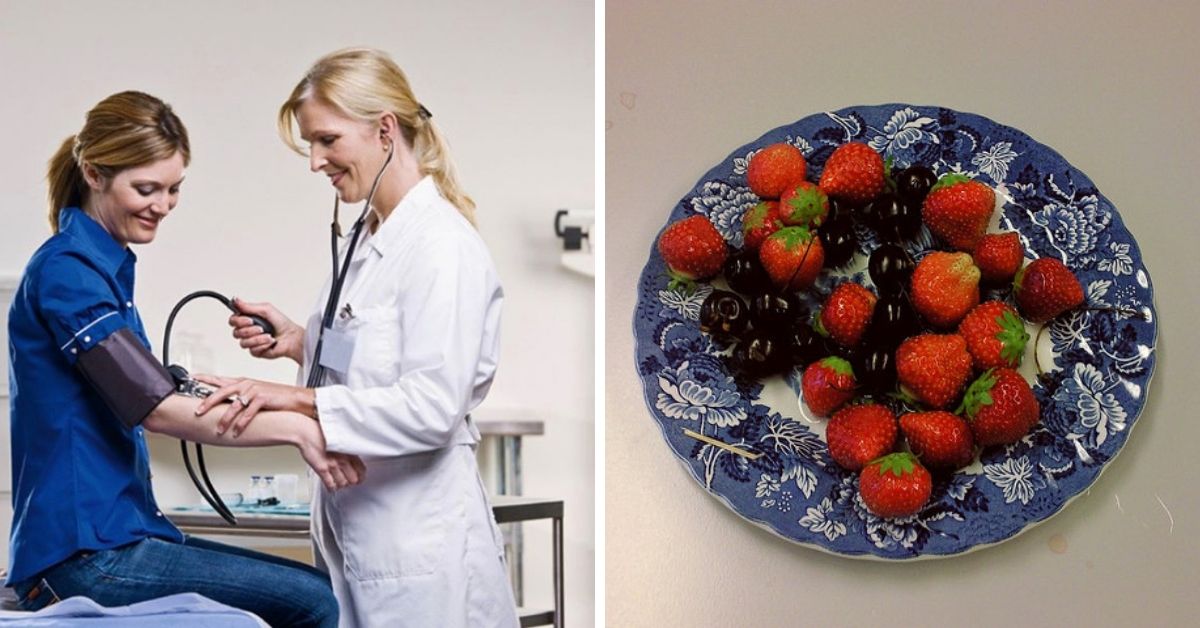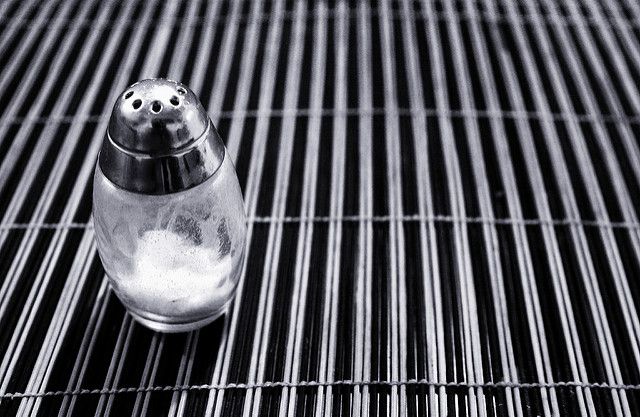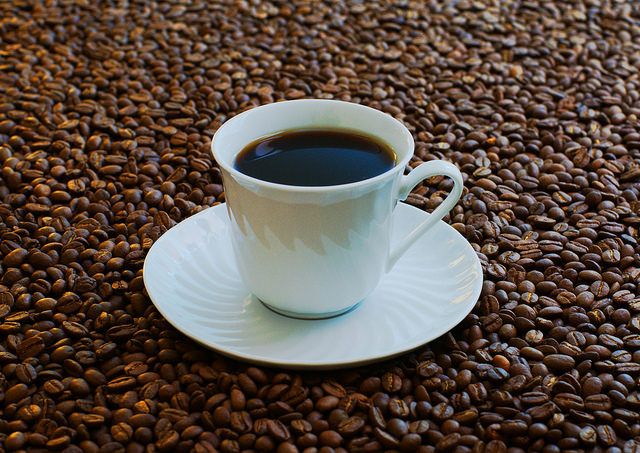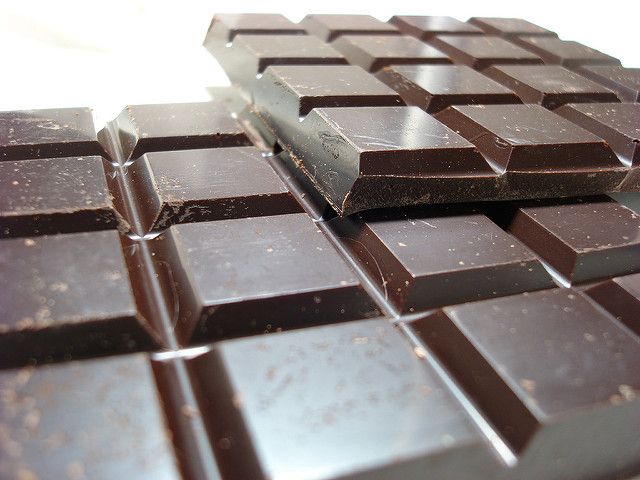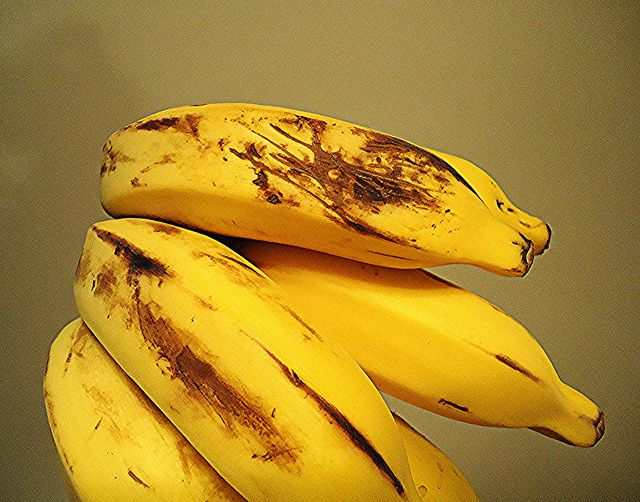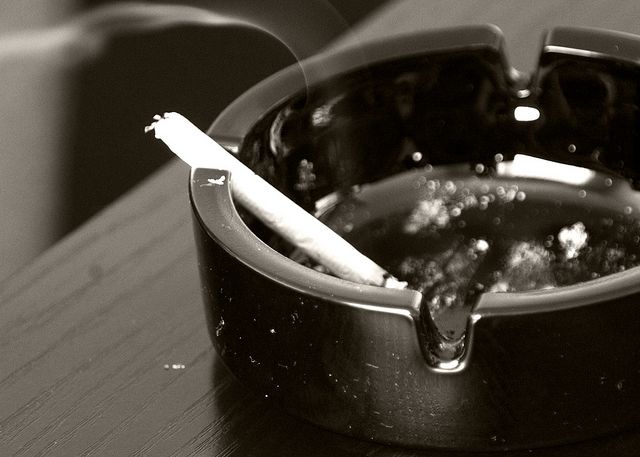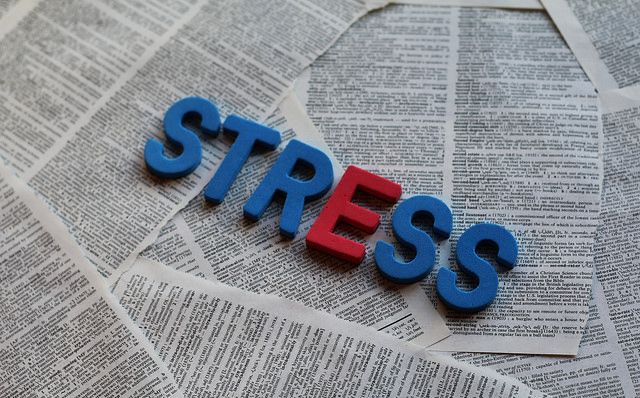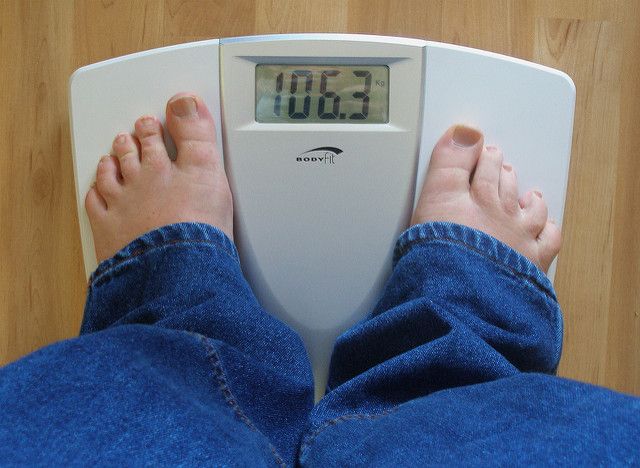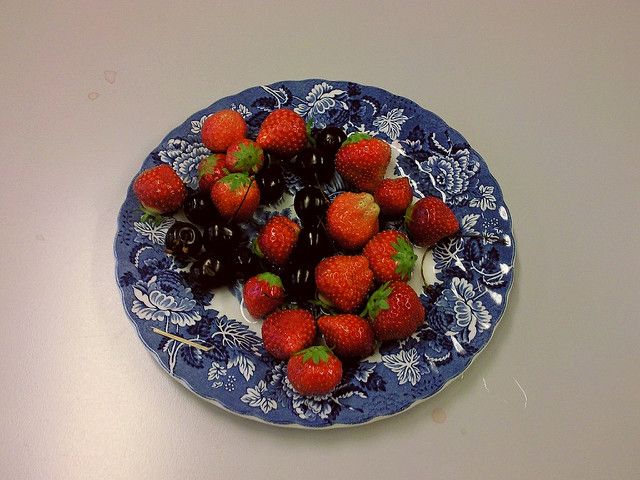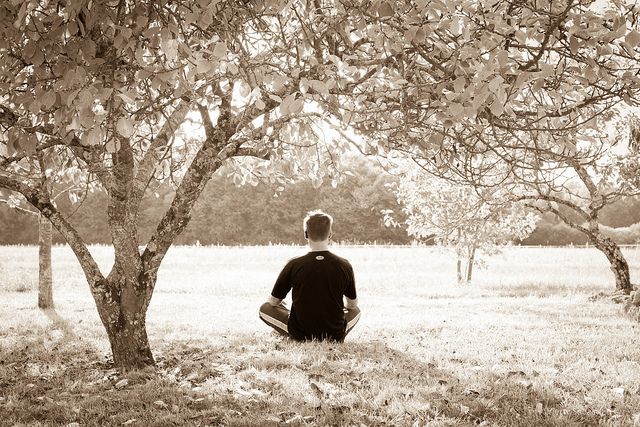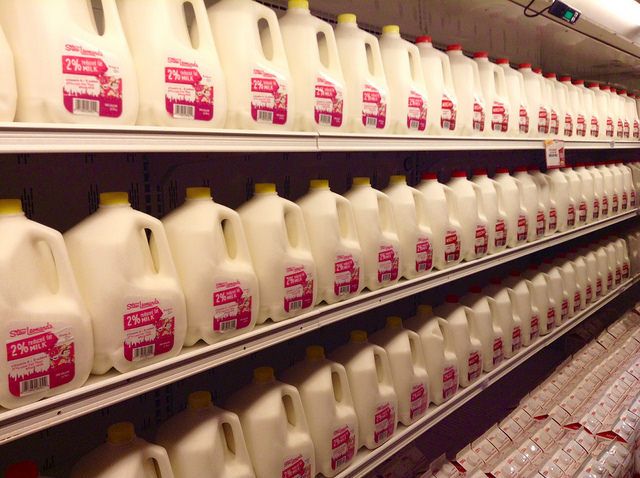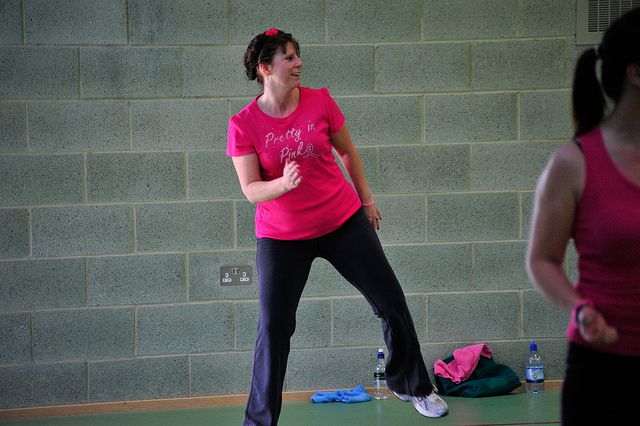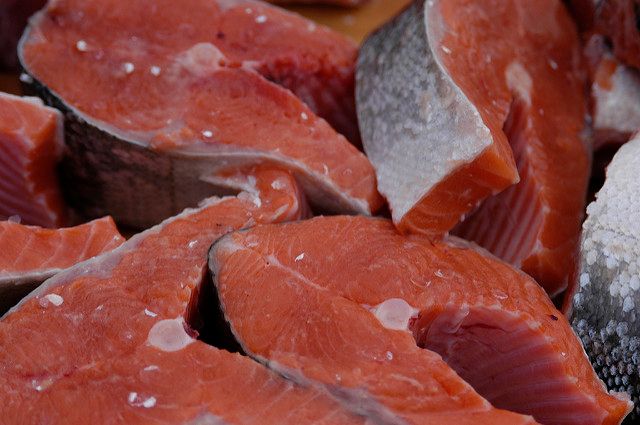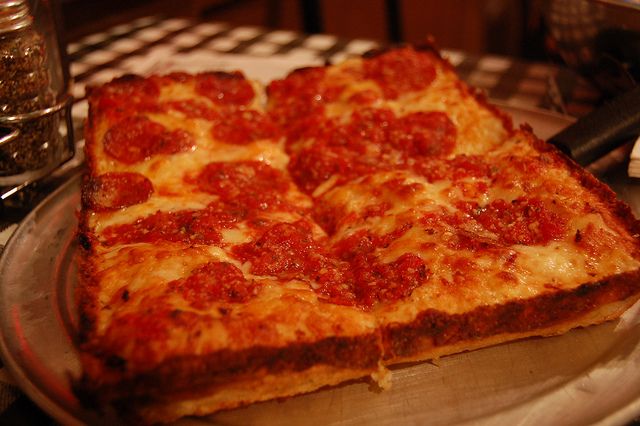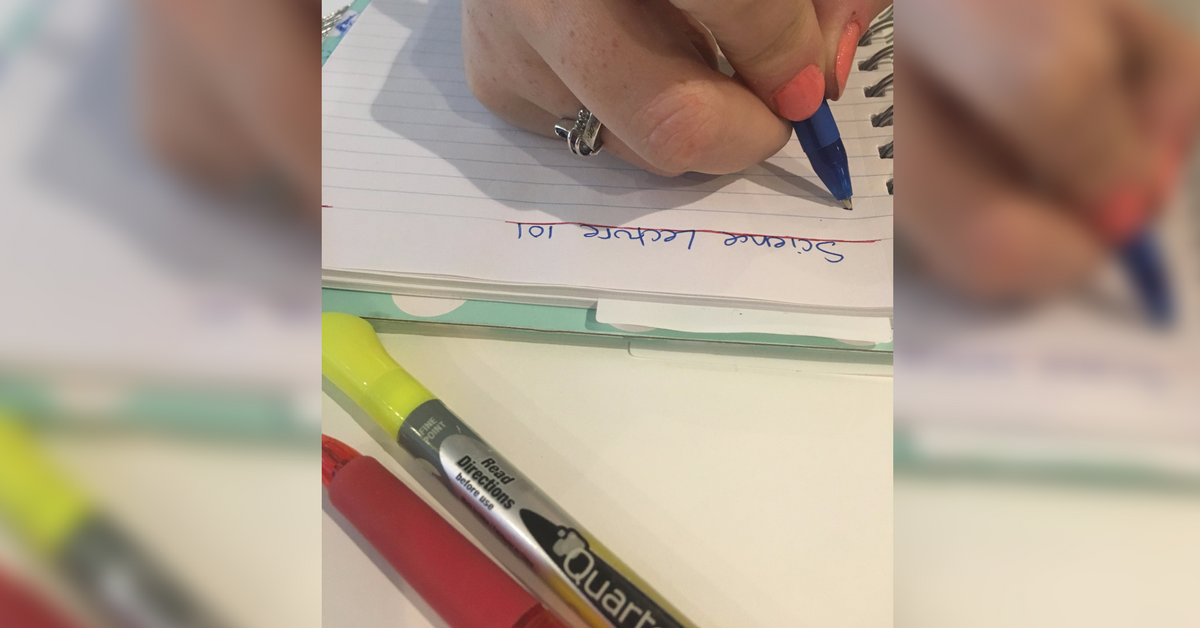High blood pressure affects one in three American adults, so odds are you either know someone who has it, or you have it yourself. I've never really concerned myself with my blood pressure, because I didn't think it was that big of a deal. Then, when I was at the dentist of all places, they took my blood pressure to make sure I wasn't too anxious. As it turns out, my pressure is a little on the higher end of normal, almost hitting the "high" range.
It wasn't enough to make me rush to the doctor, but it was definitely enough to make me wonder what I could be doing on a daily basis to help lower my blood pressure naturally. These are some of the remedies I came across, and I'll definitely be giving some of them a shot!
1. Limit Sodium
A lot of the foods we eat are processed, which means a lot of the foods we eat are packed with sodium. Studies have shown that a high intake of salt can lead to high blood pressure, so cutting out sodium is a good idea. Some people are able to process sodium a little better than others, so it's not always a fix-all when it comes to lowering your blood pressure, but it's never a bad option to try.
2. Cut Back On Caffeine
Caffeine provides an instant boost to your blood pressure, so if you're drinking more than one cup a day, then you might want to rethink your beverage choices. Luckily, this one is an easy fix. Caffeine doesn't cause a lasting increase in blood pressure, so if you aren't drinking it too regularly, then you should be okay.
3. Eat Chocolate
Yes, I said chocolate. Dark chocolate to be precise. Dark chocolate contains flavonoids, which help cause your blood vessels to open up. This has a positive impact on your heart, which in turn causes your blood pressure to normalize. You can also consume non-alkalized cocoa powder for the same effect. It's important to remember that the darker the chocolate, the better.
4. Add Potassium
This mineral counteracts the sodium in your body, and also helps give your blood vessels a bit of a break. Again, eating fewer processed foods can help balance out the potassium levels in your body. You can also eat potassium-rich foods like:
- Bananas
- Avocados
- Tomatoes
- Potatoes
- Beans
- Nuts and Seeds
- Tuna
- Salmon
5. Quit Smoking
Thankfully, I've never been a smoker. When you take a puff of a cigarette, your blood pressure temporarily increases, but the damage to your blood vessels is permanent. Quitting smoking is a good way to keep your blood pressure levels down, while also helping your overall health.
6. Relieve Stress
Easier said than done, I do realize that, but managing your stress is a great way to lower your blood pressure. Stress puts your body into the fight-or-flight mode, which increases your heart rate and restricts your blood vessels. Stress can also cause you to eat more processed foods, and we already know those are bad for you.
7. Lose Weight
One study shows that losing even just 5% of your body weight can lower your blood pressure significantly. If you weigh 200lbs, you need to lose just 10lbs in order to get your blood pressure down. When you lose weight, it lets your blood vessels expand and contract more effectively, allowing your heart to pump blood with less effort.
8. Add Berries
Berries are full of polyphenols, which are great for your heart. A study showed that people who ate berries for an eight-week period showed improvements in terms of their blood pressure. If you do have high blood pressure, you can go on a high polyphenols diet, which has been proven to help improve markers of heart disease risk.
9. Cut Out Alcohol
Did you know that 15% of high blood pressure cases around the world are linked to alcohol consumption? Those who consume alcohol at a moderate rate, which is considered more than one drink a day for women or two drinks a day for men, have a higher risk of high blood pressure than those who, at most, have one drink per day.
10. Focus On Breathing
While breathing exercises can help with stress relief, they also help engage the parasympathetic nervous system, which becomes engaged when the body is relaxed. The parasympathetic nervous system can help slow the heart rate and lower blood pressure. By adding deep breathing routines into your day, you can lower your risk of high blood pressure. Meditating can also have the same effect.
11. Add Calcium
Before you go and buy a bunch of calcium supplements, it's important to note that they haven't been shown to lower blood pressure. However, adding calcium to your diet through foods like collard greens, beans, milk, greek yogurt, and tofu can help. Most adults should be consuming 1,000mg of calcium every day.
12. Exercise Daily
Regular exercise improves your heart health, which in turn lowers your blood pressure. As your heart gets stronger, it becomes more efficient at pumping blood and stops working overtime. Just 150 minutes of exercise per week can help lower your blood pressure, and doing more exercise than that can only help even further.
13. Add Magnesium
Magnesium is a mineral that helps keep your blood vessels relaxed, which lets your heart pump blood more efficiently. Most people don't get enough magnesium in a day, but that can be fixed by adding foods to your diet like:
- Spinach
- Kale
- Tuna
- Salmon
- Peas
- Chickpeas
- Raspberries
- Asparagus
14. Cut Out Carbs
This one hurts, but there's a link between added sugars and high blood pressure, so we need to take caution. Even by cutting out one sugar-sweetened drink per day, you can lower your blood pressure. Low-carb diets in general, which cut out white flour and other refined carbohydrates, have been shown to reduce blood pressure, as well.
In the end, monitoring your blood pressure is something you should be doing, and if you notice any concerns you should speak with your doctor. That being said, there are ways you can help control your blood pressure without resorting to medication.
[H/T: Medical News Today]
